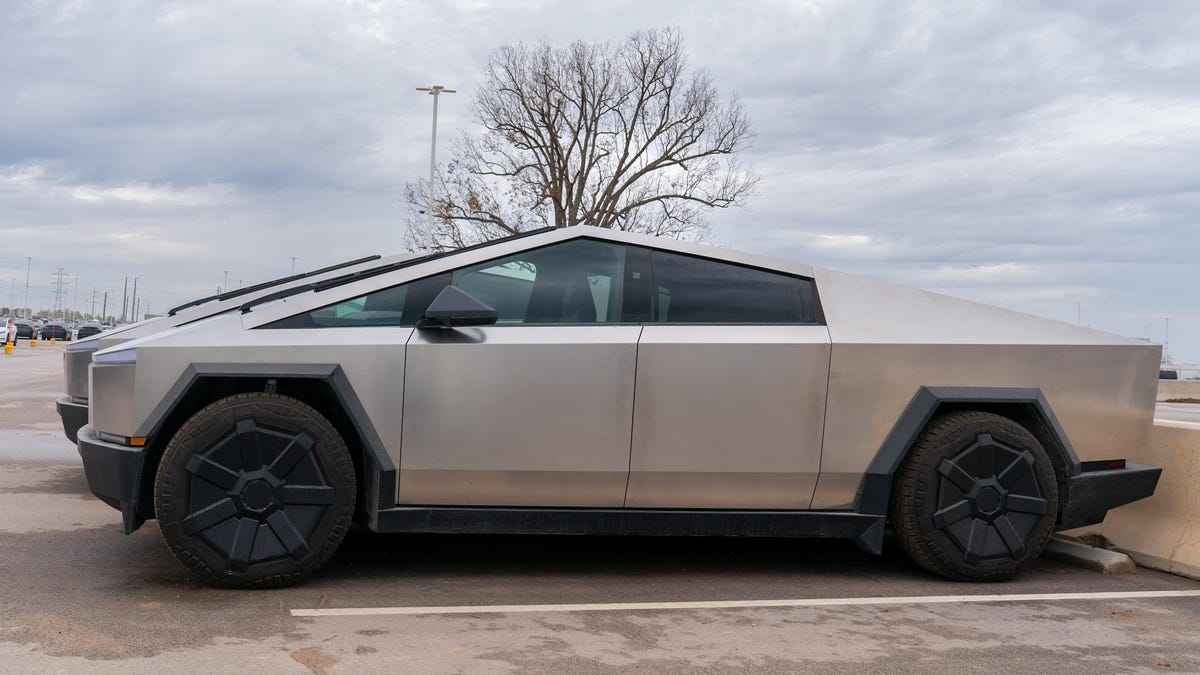- cross-posted to:
- [email protected]
- enoughmuskspam
- cross-posted to:
- [email protected]
- enoughmuskspam
Despite the recent release of these Tesla EVs — and the little road time they’ve been subjected to — Cybertrucks are already developing imperfections on their body panels, leading owners to debate what’s causing the early signs of rust on forums. From Futurism:
One Cybertruck Owners Club forum member says they started noticing small orange flecks appearing on his truck after driving it in the rain for just two days.
“Just picked up my Cybertruck today,” they wrote. “The advisor specifically mentioned the cybertrucks develop orange rust marks in the rain and that required the vehicle to be buffed out.”
The Cybertruck owner posted followup photos after washing the vehicle down with soap, and they didn’t inspire much confidence, showing body panels already pockmarked with small orange spots.
Cross post from https://lemmy.world/comment/7544395



Wait, inflammable means flammable?
It can mean either flammable or not flammable (although the latter meaning is less common and it’s often prescribed not to use it). You have Latin to thank for the confusion between “in-” for “in/on/within” as in “incinerate” or “involve” or “imbue”, and “in-” for “not” as in “incapable” or “imbalance” or “individual”/“indivisible”.
Although in English the word “flammable” actually originated from removing the “in-” from “inflammable”, specifically for the purpose of avoiding confusion with “non-flammable”. I guess that happened enough for “flammable” to become the common one. Ha!
Generally though “inflammable” still means the same as “flammable” if it’s on a label or something. You could use “unflammable” to mean non-flammable to remove any ambiguity.
Imagine a world where we say “flammatory” and “unflammatory” instead of “inflammatory” and “non-inflammatory”…
Agreed on all counts.
What a country!